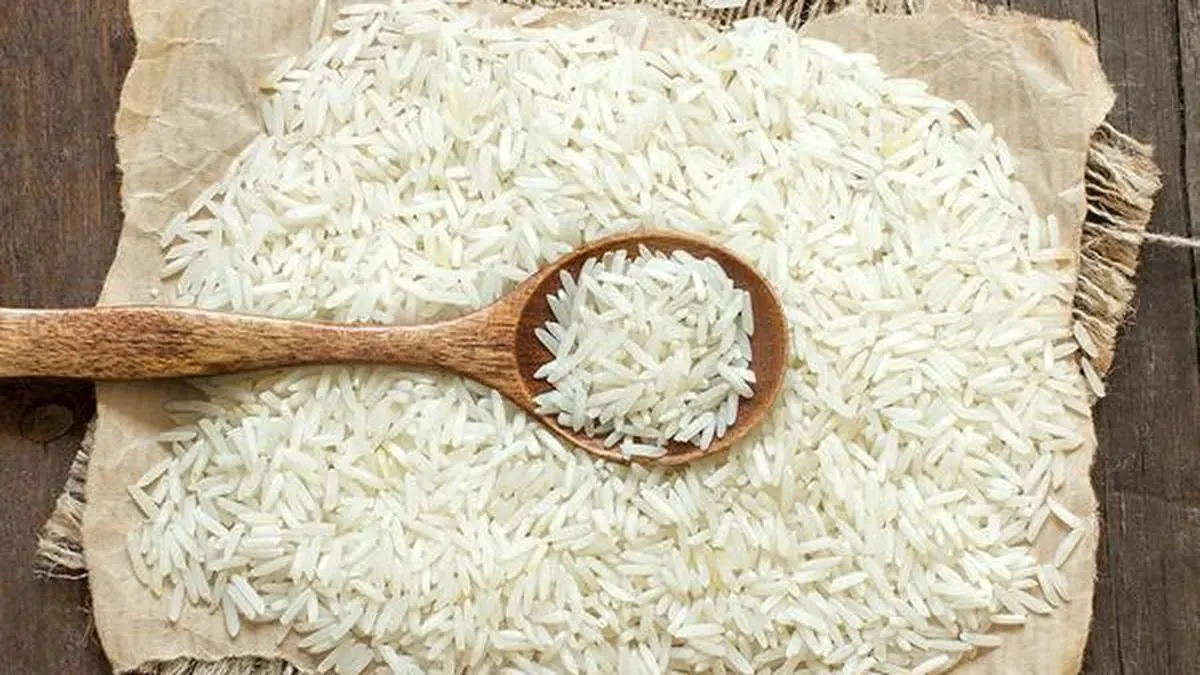Hyderabad-based Shakthi Seeds’ attempt to push its Basmati variety, branded Taj hybrid, has exposed how gaps in India’s seed law are allowing unapproved Basmati to slip into the market — threatening the integrity of the country’s prized grain.
It also exposed that several seed players are selling Basmati seeds in non Geographical Indication (GI) states like Madhya Pradesh and Rajasthan. They are doing this by taking advantage of the current law which does not require compulsory GI-specific approval before selling a seed.
Despite years of trials, the Taj hybrid (IET 28579) has repeatedly failed to clear official scrutiny, according to government documents assessed by businessline. Reports from ICAR’s Indian Institute of Rice Research show it performed poorly in cooking tests, with a low elongation ratio and weak consumer panel scores. The Variety Identification Committee (VIC) rejected it in 2022, 2023 and again this year.
On representation from Shakti Seeds of the continuous rejection, the Centre sought a report from ICAR’s Indian Institute of Rice Research (IIRR) last month about Taj hybrid, sources said. A sub-committee of the Central Seeds Committee took up the matter and decided to keep it in abeyance.
On its part, the IIRR has informed the government that the Taj hybrid was tested at multiple locations in Basmati GI area under Basmati trial of All India Coordinated Research Project on Rice (AICRPR) in Initial Varietal Trial (IVT) in 2019, in Advanced Varietal Trial-1 (AVT1) in 2020 and Advanced Varietal Trial-2 (AVT2) during 2021 by Indian Agricultural Research Institute (IARI), New Delhi.
“After three years of rigorous testing, it was noted that the rice line, IET 28579 had low elongation ratio (1.57); and ranked very low in the panel tests carried out at IARI (known as Pusa institute), and Basmati Export Development Foundation (BEDF), Modipuram. Due to low elongation ratio and poor ranking in panel tests, IET 28579 was not recommended for identification in the Variety Identification Committee (VIC) meeting of AICRPR in 2022. Again, during the VIC meeting of 2023 and 2025, the proposal was re-examined and not recommended due to inferior grain quality,” the IIRR said.
In the VIC meeting held in August, the minutes show that the Committee examined the proposal critically and also considered the VIC recommendations of 2022, 2023 and 2024. “As the entry (IET 28579) is not meeting the minimum requirements of Basmati grain quality, it is not identified,” VIC said.
“Basmati paddy seed market is more than ₹3,000 crore. The foundation of GI begins from Land and Seed. In order to uphold the authenticity and appellation of Basmati rice, it is imperative to exercise the control and regulation of Basmati paddy seed distribution. A detailed procedure is required for the batches of production to ensure the authenticity in addition to DNA and Isotope Testing,” said S Chandrasekaran, author of the only book on Basmati GI.
The GI Registry, while approving Basmati, has identified its location as Punjab, Haryana, Himachal Pradesh, Uttarakhand, Delhi, western Uttar Pradesh (30 districts) and Jammu and Kashmir. Madhya Pradesh has been fighting a legal battle since 2010 to include 13 of its districts under GI Basmati map. Cultivation of the aromatic rice variety has also spread to some districts of Rajasthan where farmers are growing Pusa 1121 and Pusa 1509 varieties, trade sources said.
businessline has reliably learnt that Shakthi Seeds is developing and selling the Taj hybrid seeds in non-GI areas taking the advantage of current law, where there is no compulsory approval required before selling seed of a GI protected variety. “Anyone having a seed licence can sell a seed variety under Truthfully Labelled (TL) category. But it has to seek approval from the Central government in case it wants to be included in the government system,” an industry executive said.
Mohan Lal Yadav, a farmer in Fatehpur district of Uttar Pradesh, said he has been growing Taj hybrid since 2022 and is highly satisfied with the yield of 8-9 quintal/bigha. However, he also said that the cost of seed at ₹600/kg is too high as he needs 2 kg in each bigha. A seed dealer who has been selling Taj Basmati in Fatehpur, Barabanki and Rae Bareli districts (all outside the Basmati GI area) said that these seeds are supplied from Hyderabad.
When contacted, Vidyanath Reddy, director of Shakthi Seeds., said: “We are not selling Taj as a Basmati variety since it has not been approved as yet. We call it a hybrid rice variety, so it is free to be grown anywhere. Since we have the licence from the Uttar Pradesh government, we have been selling our seeds, including Taj hybrid rice. Hybrid rice has no relation with the Basmati Geographical Indications.”
Sources said many seed companies are selling Basmati seeds as hybrid rice in non-GI areas since regulations are vague and easy to circumvent. They also cite the case of Pusa Basmati 1121 (released in 2003), which first spread among farmers as a Basmati variety, much before it was notified as such in 2008.
Another Basmati expert said that it is not one case alone, there are several Basmati varieties first multiplied as seeds, and later sold to farmers for commercial cultivation, both activities in non GI areas. The rates of Basmati are comparatively lower in non-GI areas than what farmers get in GI areas/states, he said adding it is time to protect India’s heritage brand “Basmati” in true spirit.
Published on September 23, 2025
